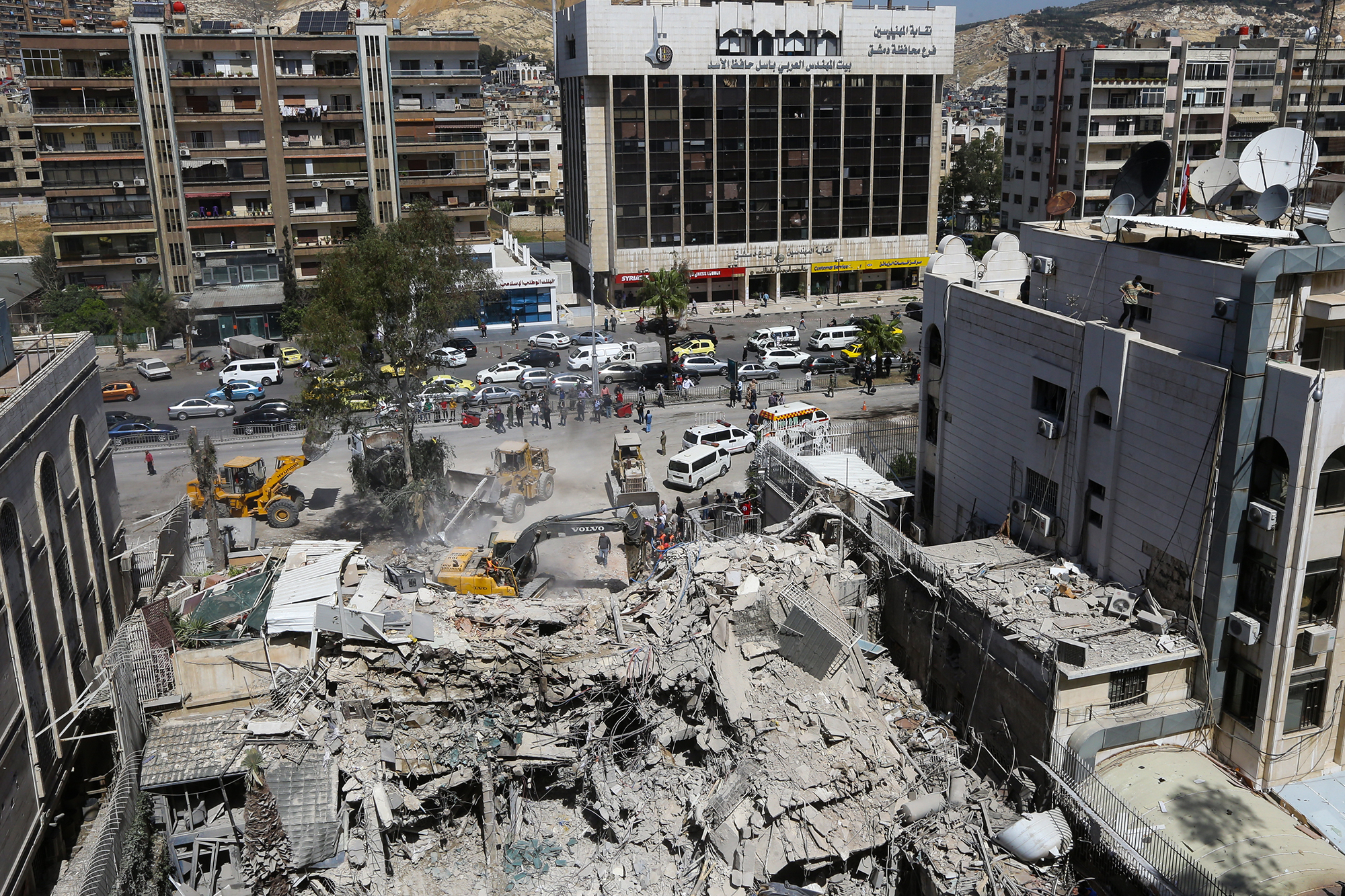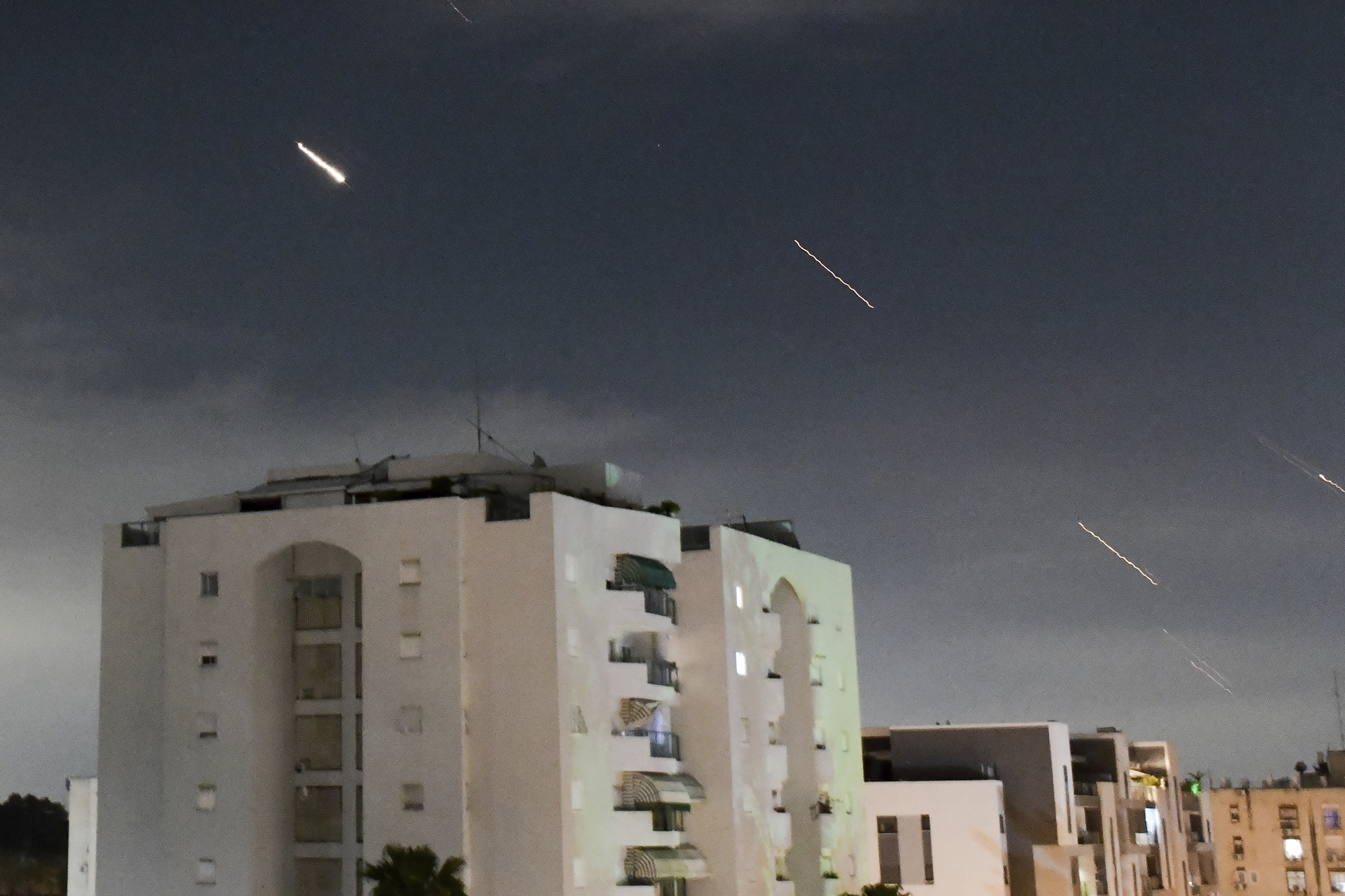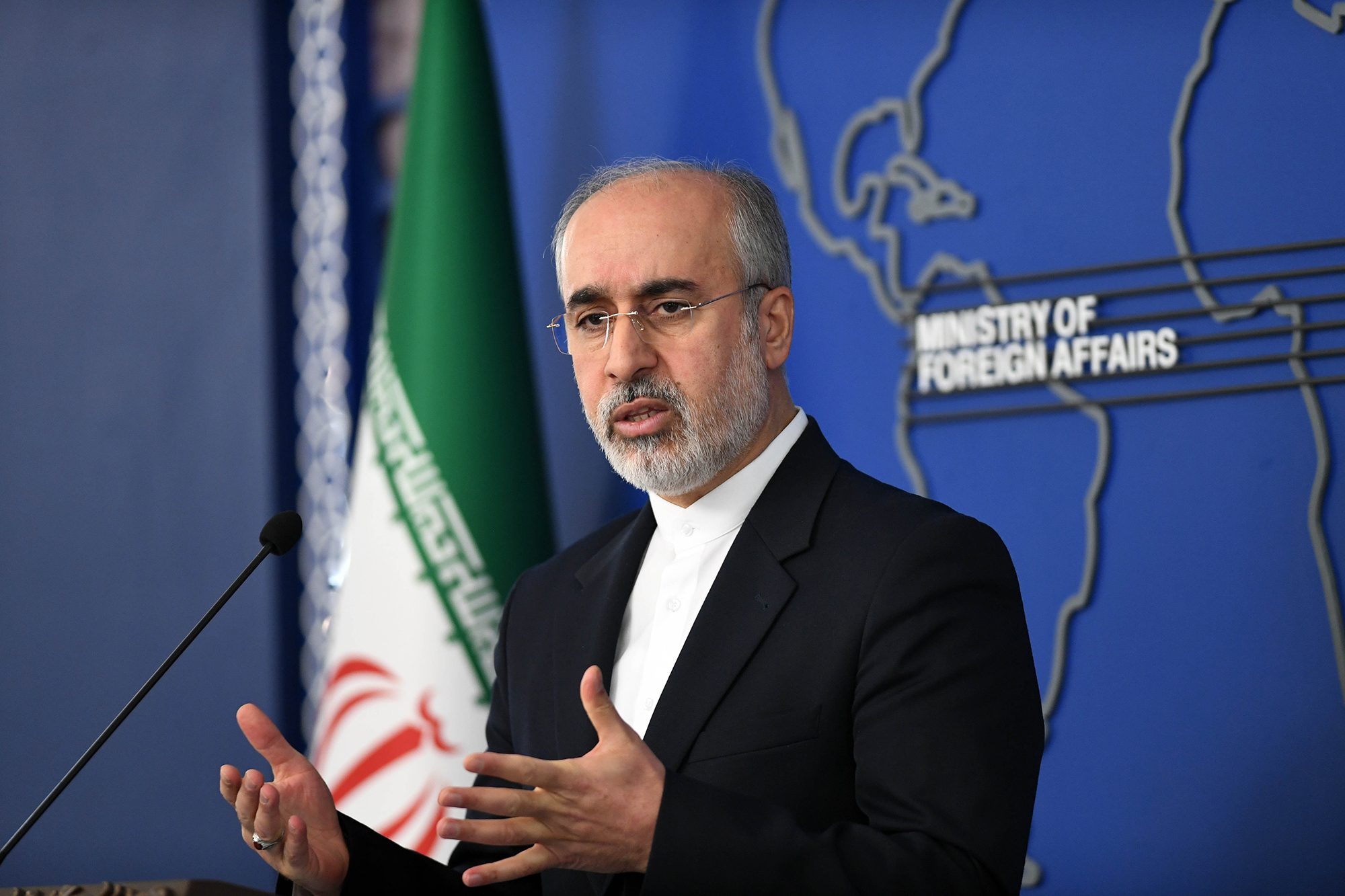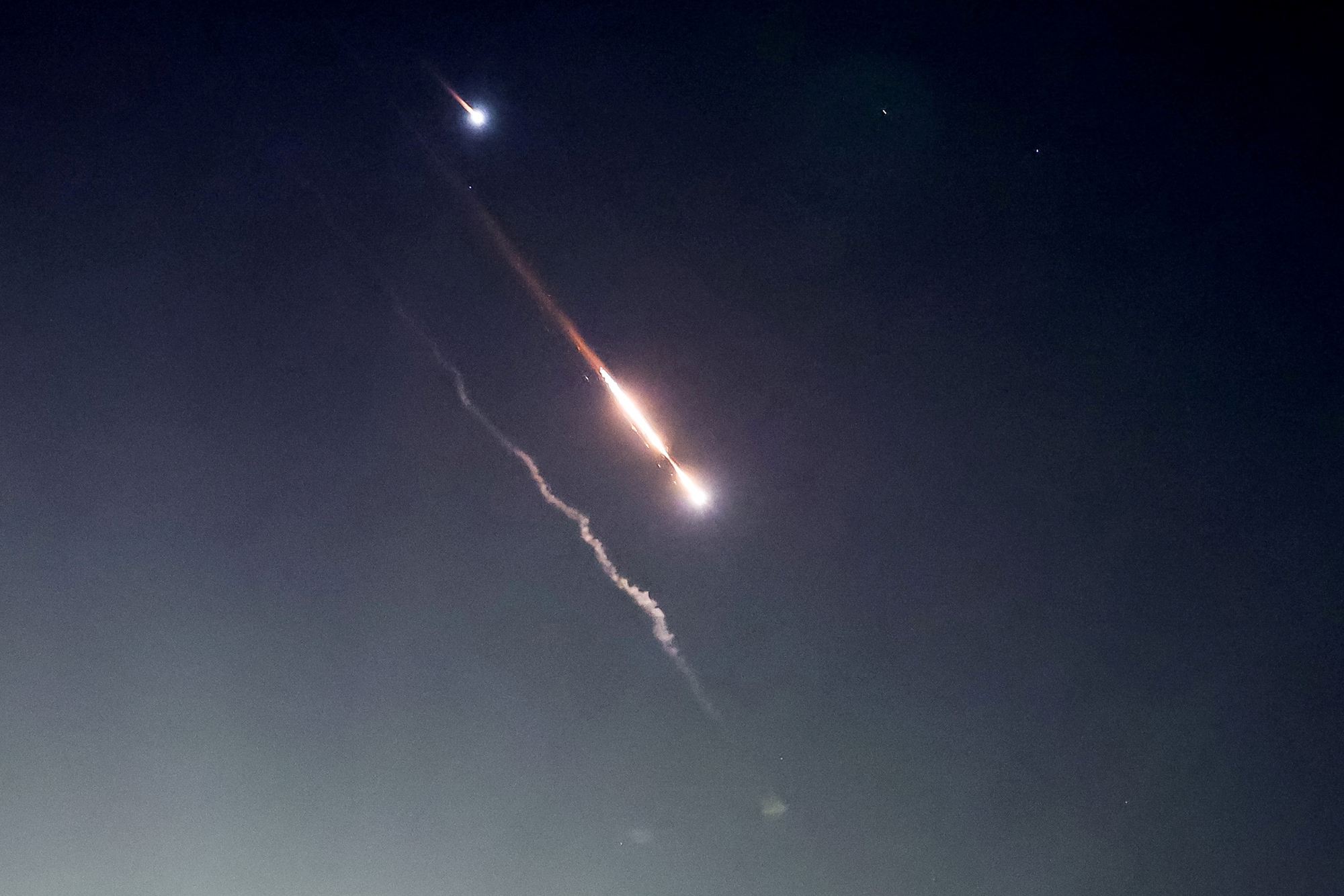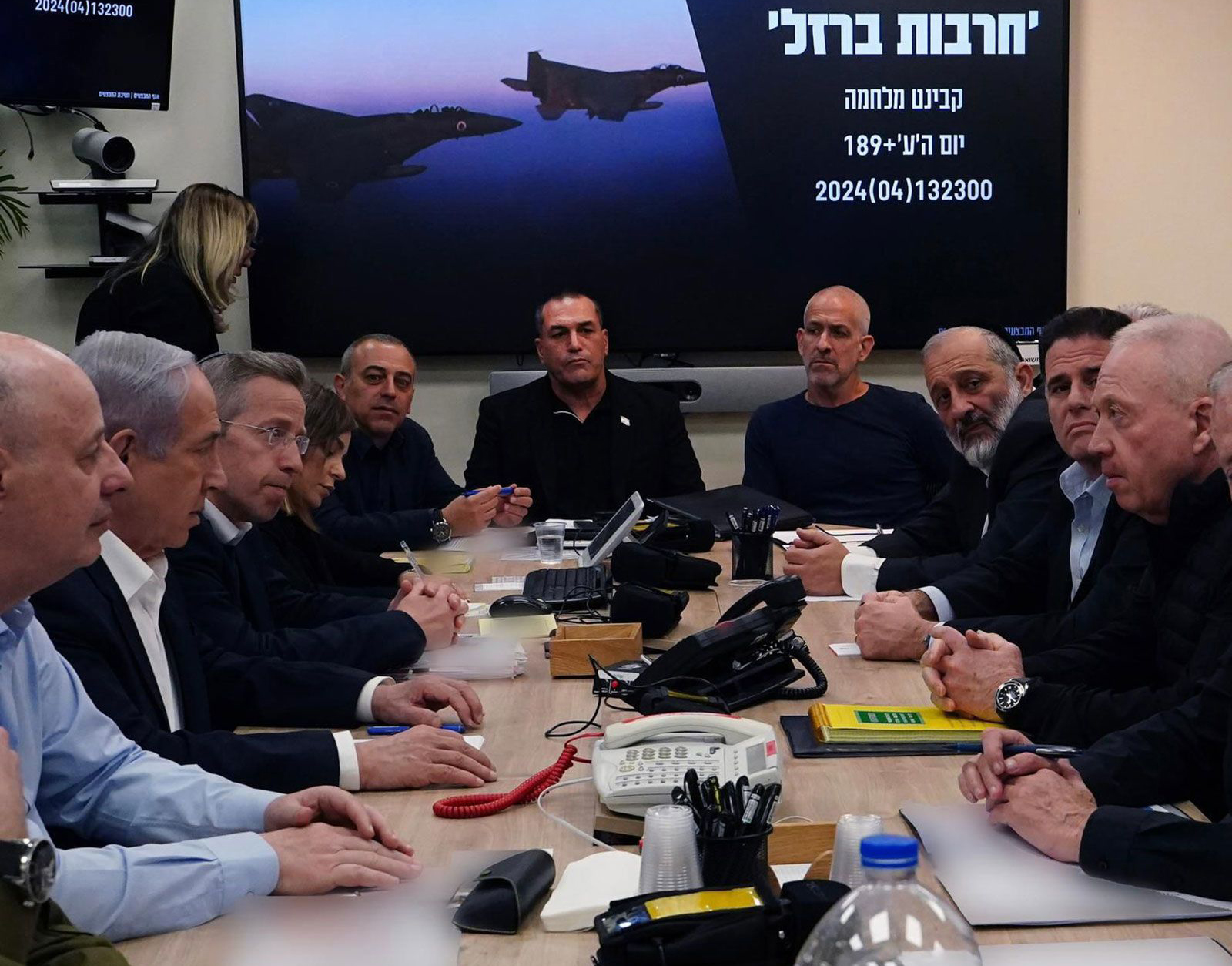
Israel’s war cabinet has been engaged in a heated debate about how and when to respond to Iran’s weekend attack on their country, two Israeli officials familiar with the deliberations tell CNN.
The war cabinet remains determined to respond to Iran’s attack, but as it convenes Monday afternoon, its members continue to debate the timing and scope of such a response, the officials said. In addition to a potential military response, the war cabinet is also mulling diplomatic options to further isolate Iran on the world stage.
Benny Gantz, a key member of the war cabinet, has pushed for a swifter response to Iran’s attack, two Israeli officials said. Prime Minister Benjamin Netanyahu has so far pumped the brakes on making a decision. Gantz believes that the longer Israel delays its response to Iran’s attack, the harder it will be to garner international support for such an attack, one of the sources said. Multiple countries are already cautioning Israel against escalating the situation further with a military response.
Israel’s government is aware that the country is currently enjoying international support and goodwill from its allies and does not want to squander that. At the same time, the government recognizes that it cannot allow Iran’s first attack on Israeli soil to go unanswered.
Among the military options that are being considered, the war cabinet is considering an attack on an Iranian facility that would send a message, but would avoid causing casualties, one Israeli official said. But Israeli officials recognize that will be a difficult needle to thread, hence the ongoing debate. The timing of a decision remains unclear.
